
Erdogan
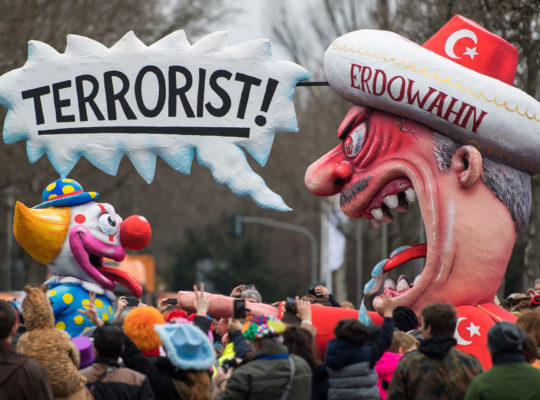
The Strange Death of Turkish Satire
A former prime minister of Turkey once said, “Humor is a punch; one never knows who it will hit or when.” In modern Turkey, it is increasingly the centuries-old tradition of political satire that is weathering punches from the state, a victim of the gradual culling of free speech.
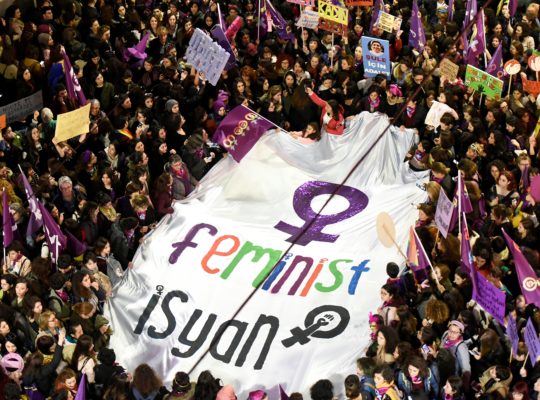
Ottoman Feminists and their Struggle in Modern Day Turkey
Still today, a majority of the public believes that women were handed their rights on a silver platter. However, according to the rectified version of history, it was in the late 19th century that Muslim women of the Ottoman Empire first started to demand their rights.
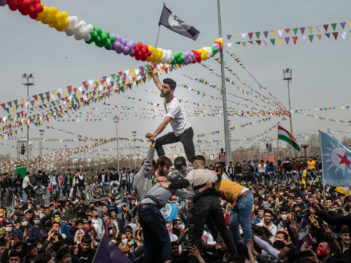
The New Kurdish Right
Within Kurdish politics in Turkey, there is an emerging style of right-wing discourse. No longer content to be a silent partner of the governing Turkish right-wing coalition, the new Kurdish right defines itself in opposition to both the Turkish state and the PKK’s left-liberation mythos.
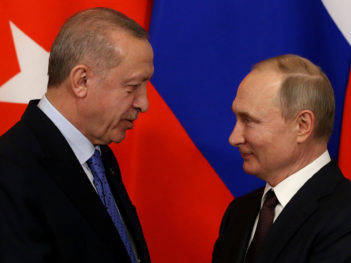
The Uneasy Alliance Between Putin and Erdogan
The alliance has proved remarkably enduring, and rarely have Russia and Turkey enjoyed such a stretch of fruitful cooperation. But so much hinges on the personal relationship between Putin and Erdoğan. Not even they can change the brittle nature of a relationship between two powers that have been rivals for centuries.

Gen Z’s Political Awakening in Turkey
Young people in Turkey are still willing to take to the streets and fight for their rights despite the devastating consequences they could face in this increasingly harsh and repressive atmosphere.
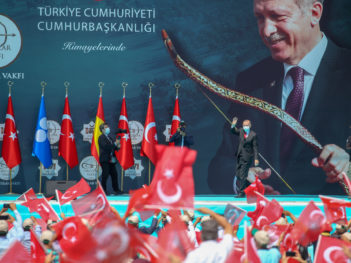
Turkey’s Chase for the ‘Red Apple’
The Red Apple is a symbol of a vision and quest for modern Turkey — to wield influence and hegemony that extends well beyond its borders into Muslim-majority lands that were formerly ruled by the Ottomans in the Balkans, Middle East, and the Caucasus.
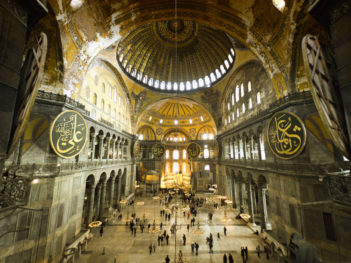
The Symbolism of Imperial Power
The Hagia Sophia was never simply a place of worship for the Byzantines or the Ottomans. It was a symbol of imperial power and divine authority, and was at the center of what experts call a “religioscape” – a physical landscape of religious structures and paraphernalia.
